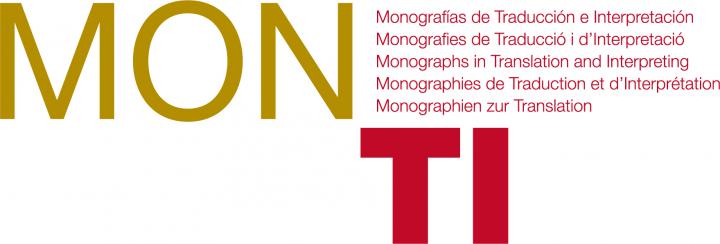Overview Corpus design Corpus contents Corpus text preparation Research avenues User manual
For many of the classical Greek and Latin texts included in our corpora, the Genealogies of Knowledge project team has collected multiple English translations, produced by different translators at different moments in time over the past two centuries. In the case of Plato’s Republic, for example, seven English-language versions of this text are available for comparison, from Henry Davis’ 1849 rendering through to Joe Sachs’ translation, published in 2007. Consequently, the ‘Modern English’ corpus represents an exciting new resource for the study of retranslation.
The suite of corpus analysis tools that the project is currently developing greatly facilitates the study of retranslational phenomena. Researchers might compare word frequency lists generated for each successive version to show how each translator has drawn attention to particular concepts in their interpretation of the source: for instance, analysis of word frequency lists for English retranslations of Thucydides highlights the fact that Benjamin Jowett’s (1881) rendering appears to make use of the term ‘leader’ with substantially greater frequency than any of his predecessors, a pattern which can be viewed as indicative of an politically motivated attempt on the part of this translator to emphasise the importance of effective leadership within democratic states (see Jones, forthcoming).
Additionally, researchers might use the concordancer and/or the Mosaic plugin to identify variations in collocational patterning for a specific lexical item (e.g. ‘citizen’) or cluster of items (e.g. ‘citizen’, ‘citizens’, ‘citizenship’). As previous applications of corpus-based methods in translation studies have shown (e.g. Kempannen 2004), this can frequently uncover significant similarities and/or differences between each translator’s understanding of particular concepts.
Below is a series of tables detailing those texts for which we have been able to collect multiple English translations. Also included is information about the source texts and where they can be found in the Greek and Latin corpora, as well as the details of any commentaries which – like (re)translations – often constitute significant sites of mediation in the reception, interpretation and development of key cultural concepts over time. Some of these examples involve direct translation from the Greek, as well as relay translations, that is translations of translations or commentaries in Latin or Arabic. This is the case with Aristotle’s Nicomachean Ethics which is available in the corpus in original Greek; in Arabic and English translations directly from the Greek; and in an English translation of the Arabic rendering.
References
Jones, H. (forthcoming) ‘Jowett’s Thucydides: A corpus-based analysis of translation as political intervention’.
Kempannen, H. (2004) ‘Keywords and Ideology in Translated History Texts: A corpus-based analysis’, Across Languages and Cultures 5(1): 89-106.
| Plato, Republic (Politeia) |
|---|
|
Plato’s Republic discusses how and by whom the ideal city should be governed, the structure it should have, and the types of education that should be provided.
Source text (Greek):
Commentaries (Greek):
Quasi-Commentaries (Latin):
Translations (English):
Commentaries (English):
Translations of Cicero’s On the Commonwealth (English):
|
| Thucydides, History of the Peloponnesian War (Historiai) |
|---|
|
Thucydides narrates the turns of faith encountered by the Spartan and Athenian armies as they fight for hegemony over the Greek world. Throughout the hostilities, honour, kinship and the deities figure prominently, but often as no more than rhetorical devices meant to stir up interlocutors in favour of one’s personal political aspirations. Most strikingly, the discussions about proper rule, in which interesting assessments of oligarchy and democracy can be found, indicate that whatever weight one gives to morality, the balance tends to be tipped by matters of money.
Source text (Greek):
Translations (English):
Partial translation (English):
Commentaries (English):
|
| Aristotle, Nicomachean Ethics (Ēthika Nikomacheia) |
|---|
|
Aristotle’s Nicomachean Ethics sets out a theory of the good life and makes prescriptions about how to live it. Aristotle discusses the nature of friendship among peers, pleasure and to what extent the ultimate good is intellectual speculation.
Source text (Greek):
Translations (Arabic):
Translations from Greek (English):
Translation from Arabic (English):
|


